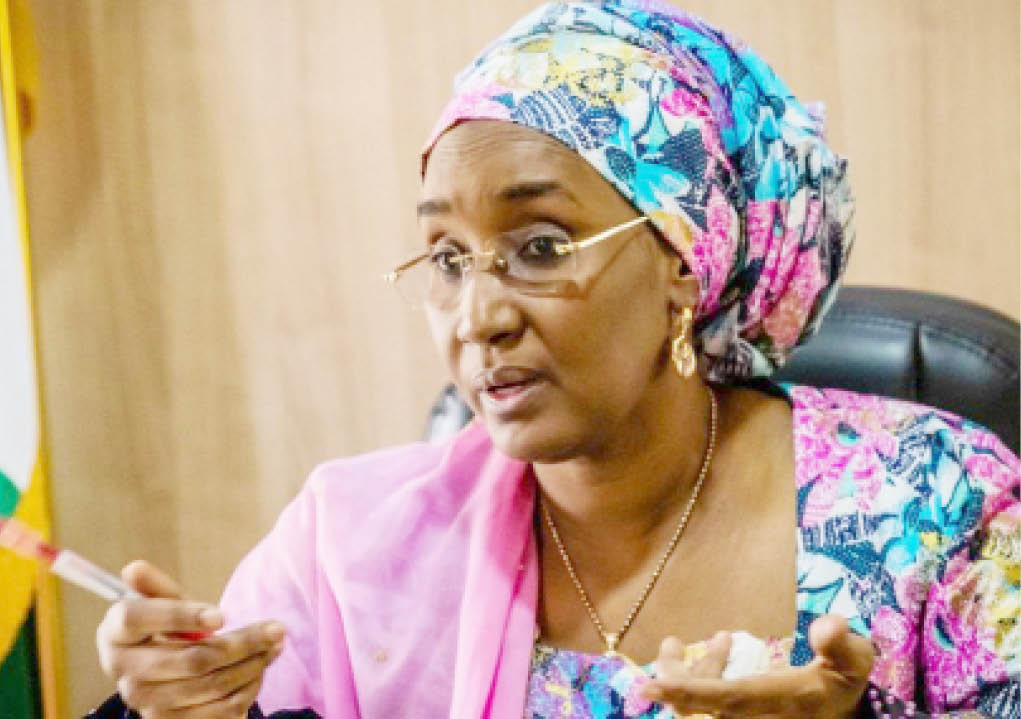FG distributes relief materials to 2,400 Zamfara IDPs, others
The federal government has distributed food and other items to 2,400 internally displaced persons and their host communities in Zamfara State. The distribution was launched by the Minister of Humanitarian Affairs, Disaster Management and Social Development, Hajiya Sadiya Umar Farouk, through the National Commission of Refugees, Migrants and Internally Displaced Persons. Gridlock: Motorists, party chieftains, […]

Hajiya Sadiya Umar-Farouk
The federal government has distributed food and other items to 2,400 internally displaced persons and their host communities in Zamfara State.
The distribution was launched by the Minister of Humanitarian Affairs, Disaster Management and Social Development, Hajiya Sadiya Umar Farouk, through the National Commission of Refugees, Migrants and Internally Displaced Persons.
Gridlock: Motorists, party chieftains, others push for relocation of APC HQ
FEC orders sale of seized Lagos property at 2001 price
Speaking briefly at the event, the minister said the gesture was part of the President Muhammadu Buhari administration’s commitment to the wellbeing of the IDPs in the country.
“I implore the beneficiaries of this gesture to make the best use of these items. It is meant to mitigate the suffering of displaced persons. These items are not for sale but given to you as a relief material,” she said.
The items, which would be provided to 400 households include bags of rice and other grains, cooking oil, cartons of pasta and noodles, mattresses, blankets, mats, mosquito nets, brocades and toiletries.
A medical outreach for 1,000 beneficiaries was also carried out. Under the Project Total Health, 500 people would benefit from free eye care/surgery while another 500 benefits from the medical outreach programme.
The minister also inaugurated a fully renovated and equipped library for the IDPs and host communities. It was renovated and equipped under the programme, Project Educate All.
Hajiya Sadiya Umar Farouk said the library would boost the morale and academic activities of the children of the IDPs and the host communities.
